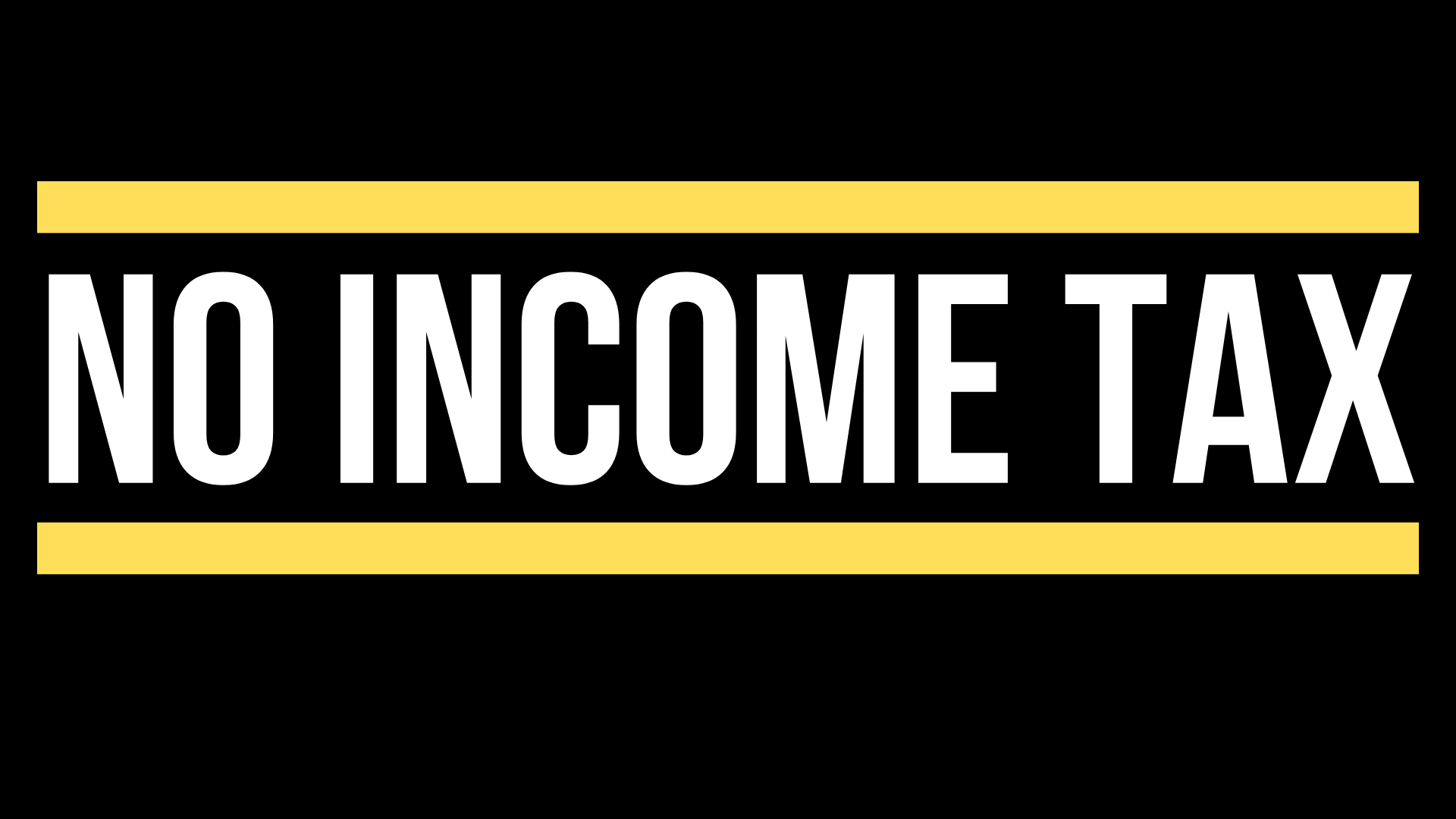We need look no further than the recent protests across the country to understand the importance that government transparency, or the lack of it, has on building public trust. This is especially true when it comes to the decisions being made in various government employee contracts for those in a position of public trust, like teachers and police. When these decisions are made behind closed doors and the contracts subsequently undermine common-sense proposals for accountability, frustration and mistrust in our important institutions grow.
As reported by Route Fifty:
“In Philadelphia, Rev. Mark Kelly Tyler, a pastor at Mother Bethel A.M.E. Church and a leader with the interfaith organization POWER, has been critical of the local police contract and wants to see more transparency and public input in how it’s negotiated. ‘It’s pretty much done in the dark and without any input from the citizens,’ he said.”
Aside from the need for accountability, one of the largest cost drivers for governments are collective bargaining agreements. Too often, however, these important talks between government unions and elected officials are made behind closed doors.
In fact, the Governor’s Office is currently in talks with state employee unions negotiating the terms of the contract for the 2021-23 budget. There is no transparency, however, being provided for these important fiscal discussions happening against the backdrop of the COVID recession and forecasted state budget problem.
Since taxpayers are ultimately responsible for funding these government union contract agreements, they should be allowed to monitor the negotiation process so they may hold the elected officials who represent them accountable for their actions.
Contract transparency is the norm in nearly half the states across the country. Some states open the entire negotiation process to the public, while others include an exemption when government officials are strategizing among themselves. Once public officials meet with union negotiators, however, the public is allowed to be informed and monitor the process.
Ideally, contract negotiations should be fully open to the public. At a minimum, though, government officials should adopt an openness process like the one used by the City of Costa Mesa in California to keep the public informed. The policy used there is called COIN (Civic Openness in Negotiations).
Under the COIN process, all of the contract proposals and documents that are to be discussed in closed-door secret negotiations are made publicly available before and after the meetings, with fiscal analysis provided showing the potential costs. While not full-fledged open meetings, providing access to all of the documents before the meetings better informs the public about the promises and tradeoffs being proposed with their tax dollars before an agreement is reached.
This also makes clear whether one side or the other is being unreasonable in its demands, and quickly reveals whether anyone is acting in bad faith. This form of openness works well in Costa Mesa and could be adopted by local officials in our state if full open meetings are not allowed.
Along with the need to provide fiscal transparency, opening contract talks up to the public would also help to ensure important accountability provisions for government employees are also being implemented and not instead negotiated away by elected officials behind closed doors. The current protests have underscored the need for this type of public accountability in government employment contract decisions.
Not only is contract transparency good policy, it is strongly supported by the public. Last November, nearly 80% of Spokane voters approved a city charter amendment requiring collective bargaining negotiations in the city be open to public observation.
The people have a right to know how public spending and accountability decisions are made on their behalf. Ending collective bargaining secrecy and opening government union contract negotiations to the public, as other states and cities have done, is a practical and ethical way to achieve that standard.
To lead by example, the Governor should end the shroud of secrecy clouding the current 2021-23 state employee contract talks.
Additional Information
Virtual 2021-23 state employee contract talks provide opportunity for more transparency






